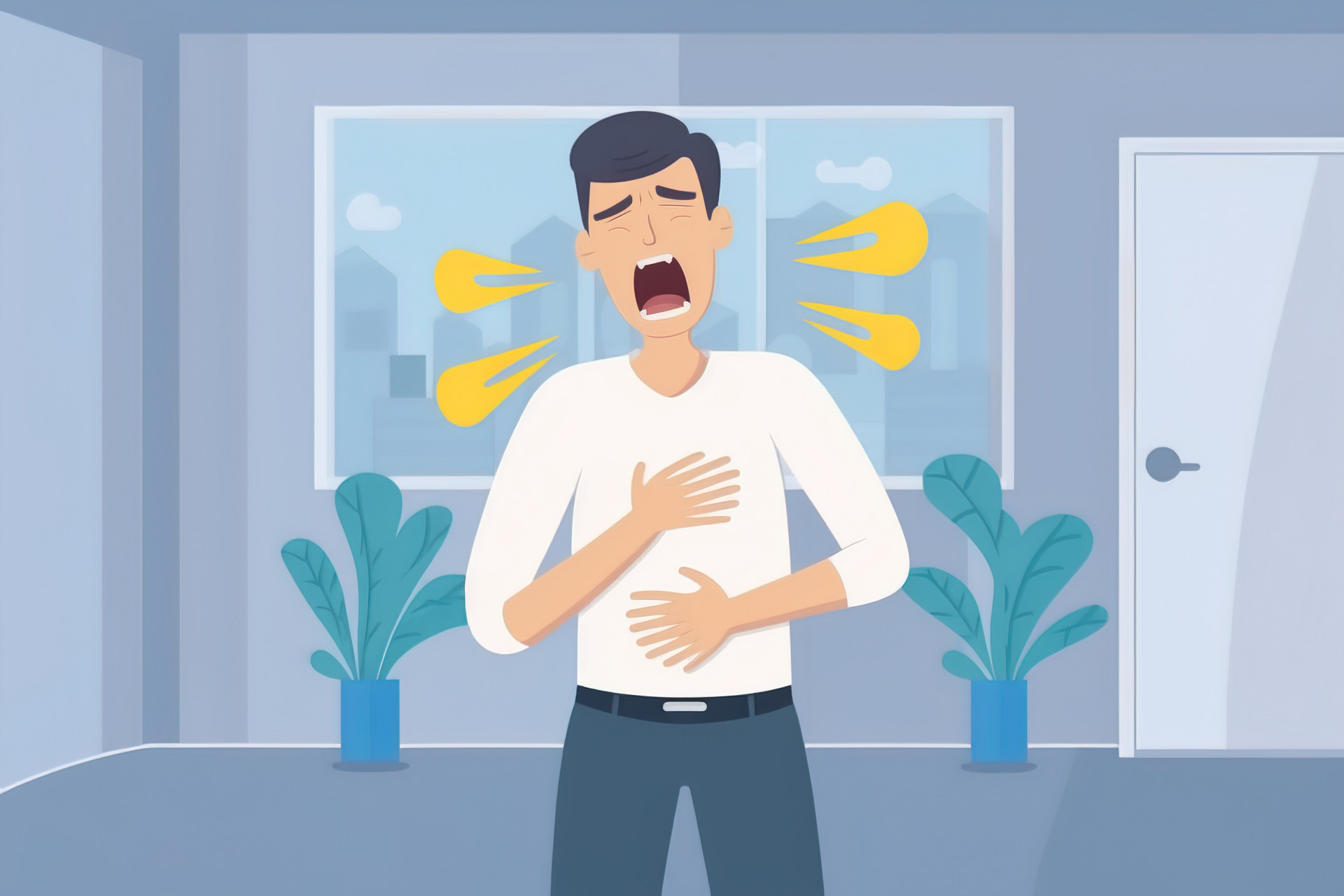
Some people say that drinking alcohol is enjoyable, while others say it is a punishment. Some say that drinking alcohol is harmful to health, while others say it promotes longevity. So, which one is true? There are also claims that drinking red wine can prevent cancer. Is this true?
Question 1: How much alcohol is appropriate to drink?
When it comes to the benefits of alcohol, moderate drinking can reduce the risk of heart disease. From the perspective of cancer control, alcohol increases the likelihood of developing cancer. To balance these benefits and risks, it is generally recommended to limit alcohol intake to no more than two drinks per day for men and one drink per day for women.
What does one drink mean? Since beer typically contains about 3-8% alcohol, wine about 9-15% alcohol, and spirits over 35% alcohol, many international official or unofficial academic organizations define one drink as one can of beer, one medium glass of wine, or one small glass of spirits.
Question 2: Should Chinese people drink less?
The harmful effects of alcohol are particularly evident in Chinese and other Asian populations. Considering the genetic characteristics of Chinese people, I believe they should drink less. One reason is that Chinese people have many opportunities for excessive drinking, and often, drinking toasts is considered a way to build friendships, which can easily lead to excessive consumption. Another aspect is that many Asians have a heightened sensitivity to alcohol due to the rapid conversion of alcohol into the carcinogen acetaldehyde, but they lack the enzymes or have weak enzyme function to break down acetaldehyde. People with facial flushing and increased heart rate after drinking alcohol, especially Asians, should be more cautious and avoid excessive alcohol consumption.
Question 3: Who should quit drinking?
In general, it is not recommended for people who do not normally drink or who cannot control themselves when drinking, individuals with a family history of alcohol dependence, or individuals with a family history of cancer to drink alcohol. If there are blood relatives with breast cancer, such as a mother and daughter or sisters with breast cancer, it is advisable to drink less or even quit drinking.
During cancer treatment, unless there are specific reasons, alcohol should be avoided. For example, patients with head and neck tumors who require radiation therapy or chemotherapy may experience exacerbated severe oral ulcers from drinking alcohol. Additionally, alcohol can affect the metabolism of certain medications and even increase side effects.
Question 4: Where is the evidence linking alcohol to cancer?
There is abundant evidence regarding the increased risk of cancer associated with alcohol consumption. After drinking alcohol, acetaldehyde alters genetic material in the body, affects the normal functions of proteins and fats, disrupts nutrient metabolism and absorption, and increases estrogen levels, which can lead to cancer.
Here are a few numbers worth noting: China has a high incidence of liver cancer, and alcohol is the main cause of liver cancer aside from viral infections, known as alcoholic liver cirrhosis. It is important to mention that Chinese people have a lower ability to metabolize alcohol compared to Westerners, making the harm of alcohol consumption more severe. In situations where smoking and drinking go hand in hand, the risk of developing cancer is even higher. Numerous studies have also shown that alcohol consumption increases the risk of head and neck tumors, throat cancer, and esophageal cancer. Therefore, the U.S. Department of Health and Human Services has classified alcohol as a known carcinogen.
Question 5: Can drinking red wine prevent cancer?
Red wine is also an alcoholic beverage. Although substances such as resveratrol found in red wine have been found to have anti-cancer properties in laboratory animals, studies on their effect in humans in terms of reducing cancer incidence are still inconclusive. Moreover, resveratrol is also present in grapes, strawberries, blueberries, and peanuts. To avoid alcohol, it is possible to obtain these substances by consuming more grapes or berries.
Four key messages about alcohol consumption:
1. Excessive and long-term alcohol consumption increases the risk of oral cancer, throat cancer, esophageal cancer, liver cancer, breast cancer, colon cancer, and colorectal cancer.
2. The more alcohol consumed, the higher the risk of developing cancer. Quitting alcohol can reduce the risk of cancer after many years.
3. The harm of alcohol consumption is greater for Chinese people compared to Westerners.
4. Whether to drink alcohol and how much to drink requires personalized advice.








